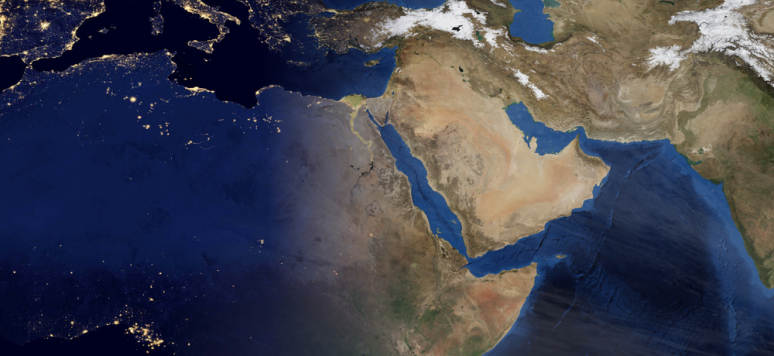Notes de l'Ifri - Diplomatic Relations between Qatar and Sub-Saharan Africa. An Evolving Affair Note de l'Ifri, August 2016

In the space of 20 years, under the leadership of the former Emir, Hamad bin Khalifa Al Thani, in power between 1995 and 2013, Qatar became a country which matters due to its status, obtained in 2006, as the leading world producer of liquefied natural gas (LNG).
Qatar’s influence in Africa is more often imagined than real. Relations are fairly recent – apart from the Maghreb, Mauritania and Sudan – and are still largely in the making. Although the opening of African embassies in Qatar, as well as those of the Emirate in Africa has been increasing for several years, the reasons and tangible consequences for the growth in these exchanges remain very diverse. For their part, the African countries each have their own specific objectives and diplomacy. Therefore, in theory there are 54 different policies on the continent, which it will of course be impossible to give an account of in their entire diversity here. This document rather aims to emphasise the different approaches by the African countries vis-à-vis Qatar. This study also tries to decipher the approach and complex, or sometimes simplistic conceptions, which the Emirate relies on to build its African policy. It will also describe what has already been built between Qatar and the continent, as well as explaining the type of co-operation that Qatar, like the African countries, is trying to implement to increase their relations and transactions, either at the political or economic level.
